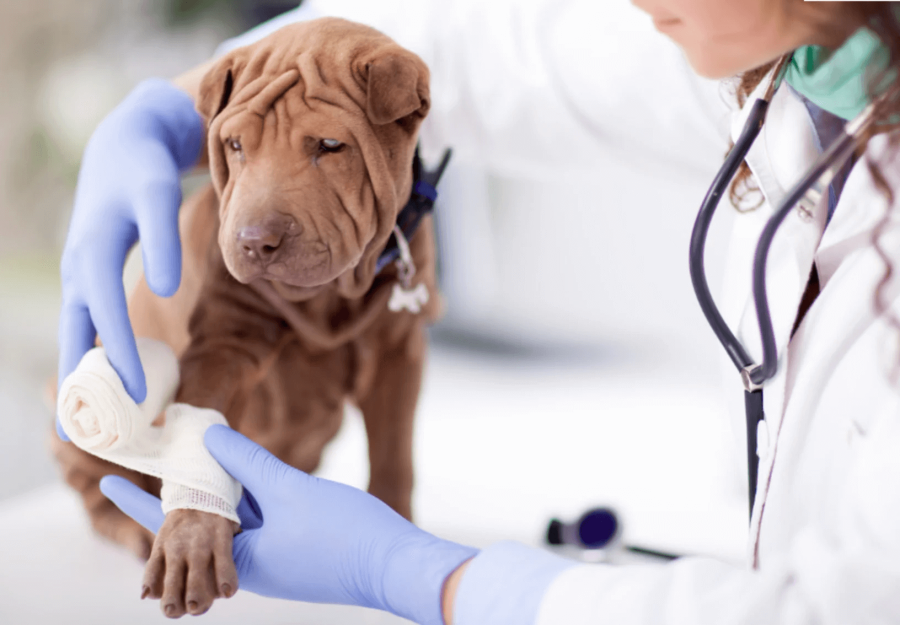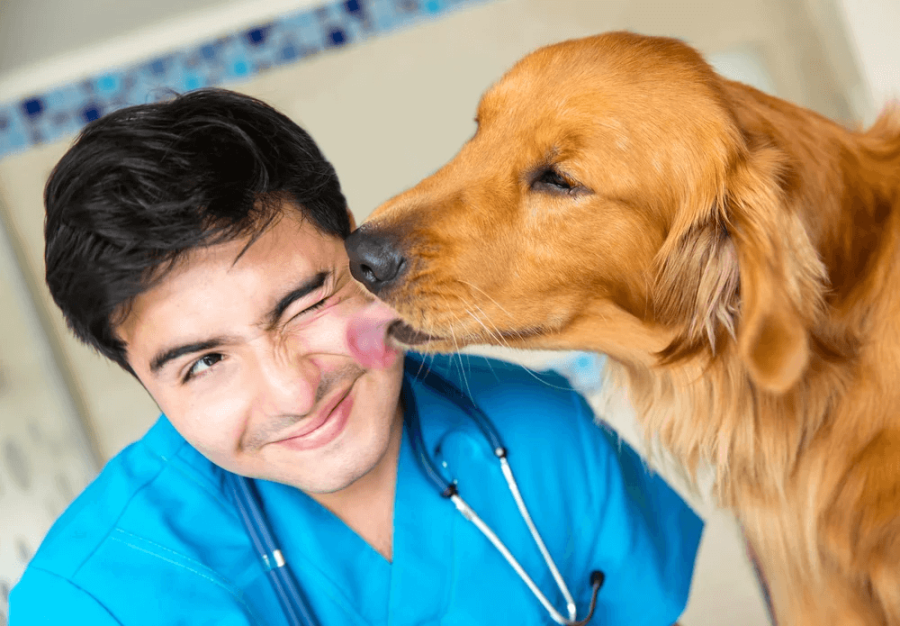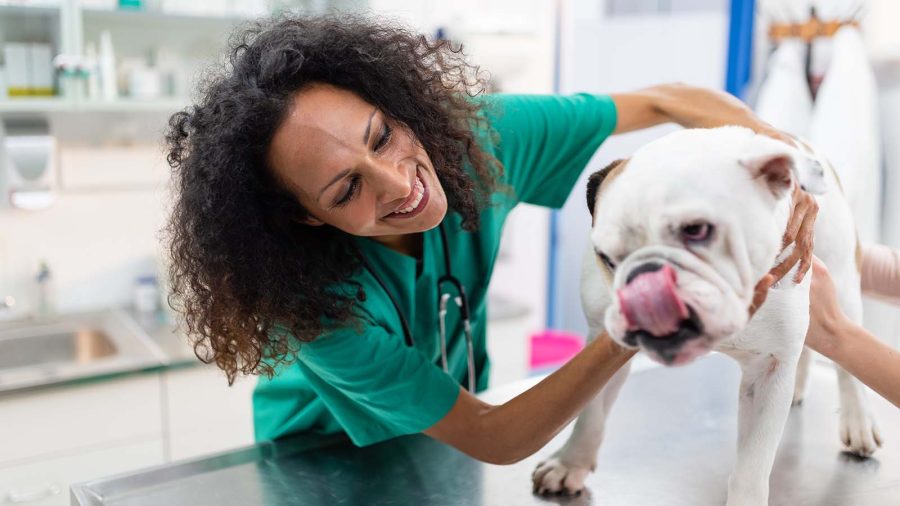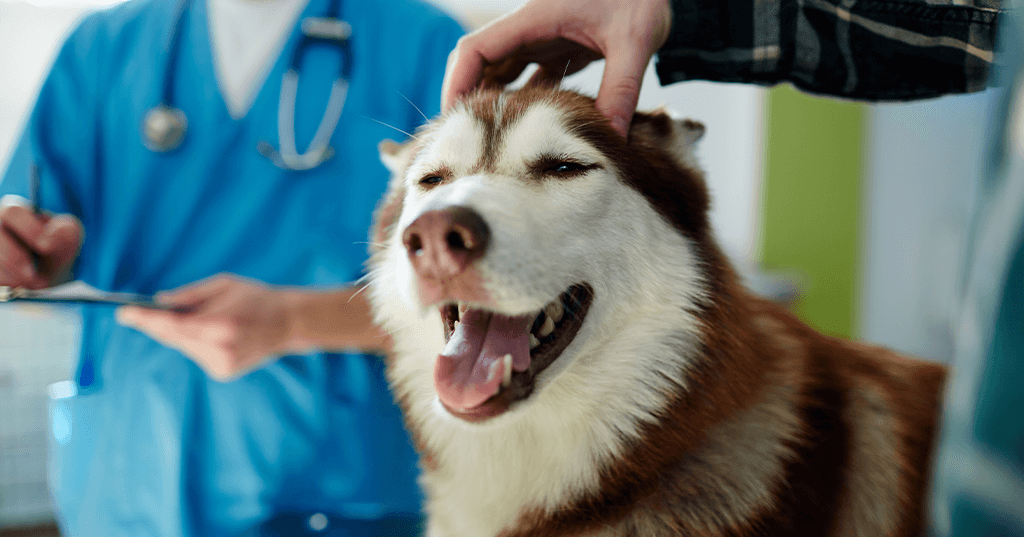Dubai has witnessed remarkable growth and transformation over the past decade in various sectors, and veterinary services are no exception. As the city has expanded and its population has become more diverse, the demand for comprehensive pet care has surged. This article explores the evolution of veterinary services in Dubai over the last ten years, examining the factors driving change, the advancements in veterinary care, and the implications for pet owners and the broader community.
Growing Demand for Veterinary Services
Over the past decade, Dubai’s population has grown significantly, accompanied by an increase in pet ownership. The rise in the number of expatriates and the growing affluence of the local population have contributed to a heightened interest in pet care. According to the Dubai Statistics Center, the population of Dubai increased from 2.1 million in 2010 to over 3.4 million by 2020. This population growth has fueled a corresponding increase in the number of pets, leading to a greater demand for veterinary services.
The trend towards urbanization has also played a role in shaping the veterinary landscape. As more people move into high-density residential areas, the need for accessible and high-quality veterinary services has become more pronounced. Veterinary clinics in Dubai have responded to this demand by expanding their range of services, improving accessibility, and adopting new technologies to meet the expectations of a growing and diverse clientele.

Advancements in Veterinary Technology
One of the most significant developments in veterinary services in Dubai over the past decade has been the adoption of advanced technology. Veterinary clinics in Dubai have embraced cutting-edge diagnostic and treatment tools, which have revolutionized the way pets are cared for.
Digital Imaging and Diagnostics
Veterinary clinics have incorporated digital radiography, ultrasound, and advanced imaging techniques, enabling more accurate and quicker diagnosis. These tools allow veterinarians to detect health issues at an earlier stage, improving the chances of successful treatment.
Laboratory Services
In-house laboratories have become standard in many veterinary clinics in Dubai, allowing for faster processing of blood tests, urine analysis, and other diagnostic procedures. The ability to perform these tests on-site reduces the time it takes to diagnose and treat conditions, enhancing the overall quality of care.
Surgical Advances
The last decade has also seen significant improvements in veterinary surgery. Minimally invasive surgical techniques, such as laparoscopy, have become more common, reducing recovery times and minimizing the risk of complications. Additionally, the use of advanced anesthesia and pain management protocols has improved the safety and comfort of surgical procedures.
Telemedicine
The COVID-19 pandemic accelerated the adoption of telemedicine in veterinary care. Veterinary clinics in Dubai quickly adapted to offer remote consultations, providing pet owners with access to professional advice without the need for an in-person visit. This shift has made veterinary services more accessible, particularly for routine consultations and follow-up appointments.
Expansion of Specialized Services
The growing sophistication of veterinary services in Dubai has led to the emergence of specialized care options. While general veterinary practice remains the foundation of pet care, the past decade has seen the rise of specialty clinics offering focused expertise in areas such as dermatology, cardiology, oncology, and orthopedics.
Dermatology
Skin conditions are common among pets in Dubai due to the hot and dry climate. Specialized dermatology services have become increasingly available, providing targeted treatments for allergies, infections, and other skin-related issues.
Cardiology
Heart disease is a significant concern for aging pets, and the availability of veterinary cardiology services has expanded. These clinics offer advanced diagnostic tools, such as echocardiography, and treatment options, including medication and surgical interventions.
Oncology
The development of veterinary oncology services reflects the growing recognition of cancer as a major health issue among pets. Clinics now offer chemotherapy, radiation therapy, and other cancer treatments, improving the quality of life and survival rates for affected animals.
Orthopedics
As pets live longer, the demand for orthopedic care has increased. Veterinary clinics in Dubai have invested in advanced orthopedic surgery options, including joint replacement and fracture repair, helping pets maintain mobility and comfort in their later years.

Focus on Preventive Care
Preventive care has become a cornerstone of veterinary services in Dubai, reflecting a broader shift towards proactive health management. Veterinary clinics have emphasized the importance of regular check-ups, vaccinations, and wellness programs to prevent diseases and promote overall health.
Vaccination Programs
Over the past decade, there has been a concerted effort to ensure that pets receive timely vaccinations. This focus on preventive care has helped control the spread of infectious diseases, such as rabies and distemper, which are still prevalent in some regions.
Parasite Control
With Dubai’s warm climate creating an ideal environment for parasites, veterinary clinics have made parasite prevention a priority. Flea, tick, and worm control programs are widely promoted, reducing the risk of infestations and the associated health problems.
Dental Care
Dental health is a crucial aspect of overall wellness, and veterinary clinics in Dubai have increasingly offered dental services, including cleanings and extractions. Regular dental care helps prevent periodontal disease, which can lead to more serious health issues if left untreated.
Nutrition Counseling
The last decade has seen a greater emphasis on the role of nutrition in pet health. Veterinary clinics now provide personalized dietary advice, helping pet owners choose the right food for their pets based on age, breed, and health status. This focus on nutrition has contributed to the prevention of obesity, diabetes, and other diet-related conditions.

Regulatory and Ethical Standards
The evolution of veterinary services in Dubai has also been shaped by changes in regulatory and ethical standards. The Dubai Municipality and the Ministry of Climate Change and Environment have implemented stricter regulations to ensure that veterinary clinics operate at the highest standards of care and hygiene.
Licensing and Inspection
Veterinary clinics in Dubai are subject to rigorous licensing requirements and regular inspections. These measures are designed to ensure that clinics maintain the necessary facilities, equipment, and staff qualifications to provide high-quality care. Clinics that fail to meet these standards may face penalties, including closure.
Animal Welfare
The past decade has seen a growing awareness of animal welfare issues in Dubai. Veterinary clinics are now more involved in promoting humane treatment and responsible pet ownership. This includes initiatives to reduce the number of stray animals, encourage adoption, and educate the public about proper care and handling.
Veterinary Ethics
As the field of veterinary medicine has advanced, so too has the focus on ethical considerations. Veterinary clinics in Dubai are increasingly guided by principles of informed consent, transparency in treatment options, and the humane management of end-of-life care. These ethical standards ensure that pets receive care that is not only effective but also compassionate.
The Role of Veterinary Clinics in Public Health
Veterinary clinics in Dubai have become key players in the broader public health landscape. Their role extends beyond the care of individual pets to include the prevention and control of zoonotic diseases—diseases that can be transmitted from animals to humans.
Rabies Control
One of the most significant public health achievements in Dubai has been the control of rabies through widespread vaccination campaigns. Veterinary clinics play a critical role in administering these vaccines and ensuring that pets remain protected. This has contributed to the UAE’s status as a rabies-free country.
Vector-Borne Diseases
With the increasing prevalence of vector-borne diseases, such as those transmitted by ticks and mosquitoes, veterinary clinics have focused on educating pet owners about the risks and preventive measures. This effort helps protect not only pets but also the human population from diseases like Leishmaniasis and heartworm.
Public Education
Veterinary clinics have also taken on the responsibility of educating the public about the importance of responsible pet ownership, including the proper handling of animals and the importance of regular veterinary visits. This education helps reduce the risk of zoonotic disease transmission and promotes a healthier community.
Future Trends in Veterinary Services
Looking ahead, several trends are likely to shape the future of veterinary services in Dubai. These trends reflect both global developments and the unique challenges of providing pet care in an urban and multicultural environment.
Sustainability
As Dubai continues to focus on sustainability, veterinary clinics are expected to adopt more environmentally friendly practices. This may include the use of sustainable materials, waste reduction initiatives, and energy-efficient facilities.
Advanced Diagnostics and Treatment
The trend towards more advanced diagnostics and treatments is likely to continue, with veterinary clinics investing in new technologies such as 3D printing for prosthetics and regenerative medicine. These innovations will enhance the ability to treat complex conditions and improve outcomes for pets.
Personalized Medicine
The concept of personalized medicine, where treatments are tailored to the individual needs of each pet, is expected to gain traction. This approach may involve the use of genetic testing to identify specific health risks and develop customized prevention and treatment plans.
Integration of Human and Veterinary Medicine
As the connection between human and animal health becomes more recognized, there is likely to be greater collaboration between the medical and veterinary fields. This integration could lead to new approaches in areas such as infectious disease control, nutrition, and preventive care.
Conclusion
Significant technological advancements, the expansion of specialized care, and an increasing emphasis on preventive health have all contributed to the evolution of veterinary services in Dubai over the past decade. These changes have been precipitated by the growing demand for high-quality veterinary care, which has been influenced by the city’s population growth and the evolving expectations of pet owners. As Dubai’s veterinary clinics continue to develop, they will become more significant in the public health landscape and the welfare of individual pets. In Dubai, pet owners can anticipate a future in which their canines will receive care that is not only more advanced, but also more personalized, sustainable, and ethically based.

Hiking addict, vegan, fender owner, Eames fan and brand builder. Working at the nexus of simplicity and intellectual purity to answer design problems with honest solutions. Concept is the foundation of everything else.
